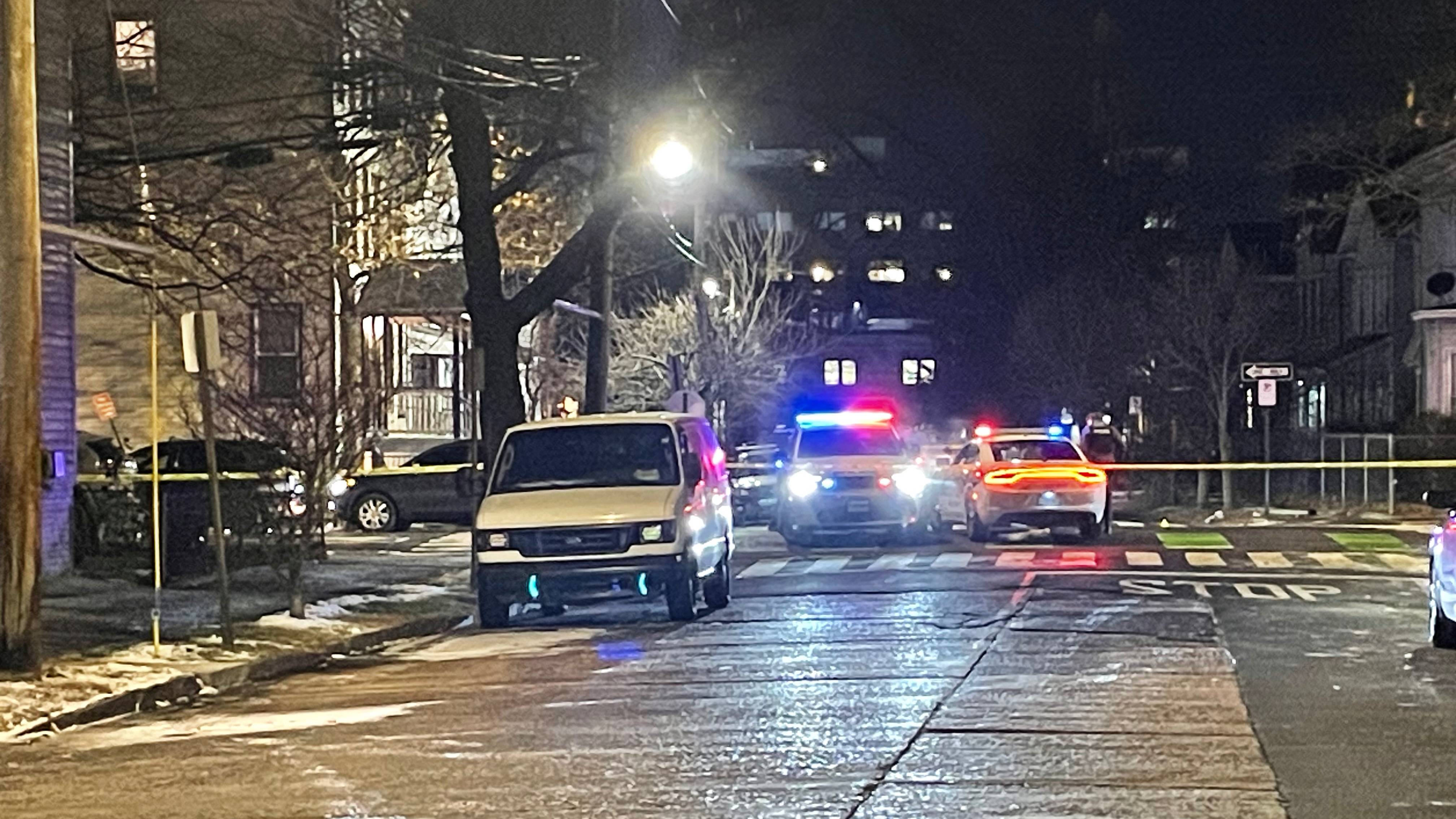
A lawsuit that aims to reject the religious vaccine exemption law that the governor signed into law on April 28 (HB-6423) was filed by two organizations and three parents in Connecticut.
The state ended its long-standing religious exemption from immunization requirements for schools last week.
The complaint, which was filed is the U.S. District Court of Connecticut on Friday, claims it is "unconstitutional for Connecticut to require parents to choose between educating their children or their religious beliefs."
The nonprofits We the Patriots USA, Inc. and CT Freedom Alliance, LLC filed the lawsuit in conjunction with parents Constantina Lora, Miriam Hidalgo, and Asma Elidrissi.
Get top local stories in Connecticut delivered to you every morning. >Sign up for NBC Connecticut's News Headlines newsletter.
All three parents are against requiring vaccinations because of their respective religions and because of their belief that getting a vaccine is "morally wrong," the lawsuit reads.
Lora and her husband are described as devout Greek Orthodox, Hidalgo and her husband are described as devout Catholics, and Elidrissi and her husband are described as devout Muslims, according to the lawsuit.
Lora has a child who attends preschool in Bethel, Hidalgo has two children that are eligible for daycare in Glastonbury, and Elidrissi has two children, one of which is eligible for daycare and preschool and the other who will attend kindergarten in the fall in Stamford, according to the lawsuit.
The plaintiffs claim that requiring vaccinations violates the First Amendment right to free exercise of religion. They also claim that the state violated their rights under the Fourth, Fifth, and Fourteenth Amendments, the lawsuit reads.
According to the lawsuit, the plaintiffs have also claimed unlawful discrimination in violation of the Individuals with Disabilities Education Act.
According to the state Department of Public Health, the number of children claiming a non-medical exemption increased from 7,042 in the 2017-18 school year to 8,328 in 2019-20.
The bill goes into effect in September 2022, but it does not apply to any child who currently has a religious exemption.
On Tuesday, there were protests outside the state Capitol where people were trying to stop final legislative passage of one of the most contentious bills of the session.
State Capitol police said about 2,000 to 3,000 protesters gathered outside for the Senate session — the second large-scale protest this session against efforts to end the exemption.
Many opponents argue the bill is unnecessary, discriminatory and an infringement on their religious liberties and parental rights. Some who gathered outside held signs with slogans such as “Defend Religious Liberty” and “Coercion is not consent,” and chanted “kill the bill.”
NBC Connecticut has reached out to the governor's office for comment but has not yet heard back.
“This is an issue that I have spent a lot of time researching and discussing with medical experts, and it is something that I take very seriously knowing the public health impact that it has on our children, families, and communities,” Gov. Ned Lamont previously said in a statement Wednesday.



